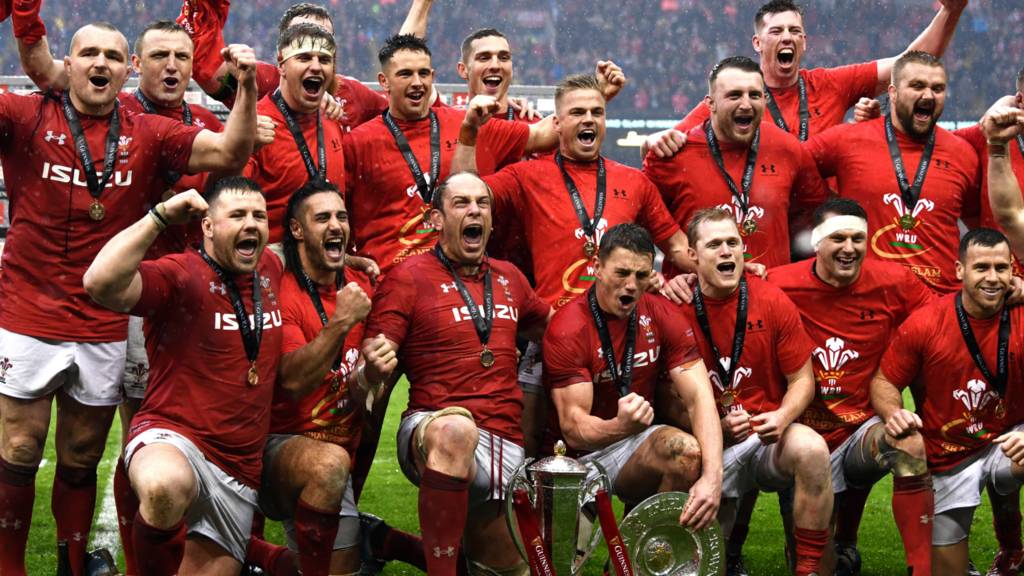After Wales’ third Grand Slam victory under Warren Gatland, The Gryphon takes a look back at what each team can take away from the tournament leading up to the World Cup.
[Image Credit: BBC]
Wales confirmed their status as the best team in the Northern Hemisphere with a dominant performance against a sorry Ireland team at a wet Principality Stadium. A deft chip from Man of the Match, Gareth Anscombe, allowed his fellow Kiwi, Hadleigh Parkes, to score in the opening minutes for a lead that Wales seldom looked like relinquishing. The result proved a fitting end to Gatland’s final Six Nations with the coach’s third Grand Slam triumph of his eleven-year tenure. Under Alun Wyn Jones’
Ireland

England showed that they are capable of exceptional physicality and defence, but also betrayed certain mental frailties that Eddie Jones acknowledged after an extraordinary draw with Scotland. Racing into a 31-0 lead after half an hour, revenge for last year’s Murrayfield defeat looked certain, before a remarkable Scotland comeback levelled things. England looked rudderless and lacked a plan ‘B’ in a second half with echoes of their agonising defeat in Cardiff. When Scotland scored with minutes remaining, the greatest comeback in test history threatened to derail an overall positive tournament for England, who only saved face with an injury time score from George Ford. The discovery of a genuine openside in Tom Curry is surely England’s find of the tournament, and Jones’ men know they have it in them to beat anybody in the world. Yet, questions remain about their leadership, game management and ability to deal with passages of play where momentum swings against them, a pre-requisite for any World Cup winning side.
Scotland had their hearts broken at Twickenham in a 38-38 draw, the highest scoring draw in test history, that saw them retain the Calcutta

France in this tournament did enough to keep coach Jacques Brunel in his job, but little else. Their victory in Italy owed more to their opponents’ deficiencies than to their own
Italy showed glimpses of potential at home to Wales and Ireland, but picked up yet another wooden spoon and finished without even a bonus point to their name. They will rue the errors in attack which may have cost them a victory over France, yet in truth they remain far from genuine competitors. In his brief period in charge, Conor O’Shea has seen more success with his restructuring of domestic rugby, as evidenced by Treviso’s performance in the Pro 14, however such advances are yet to be seen at international level.

